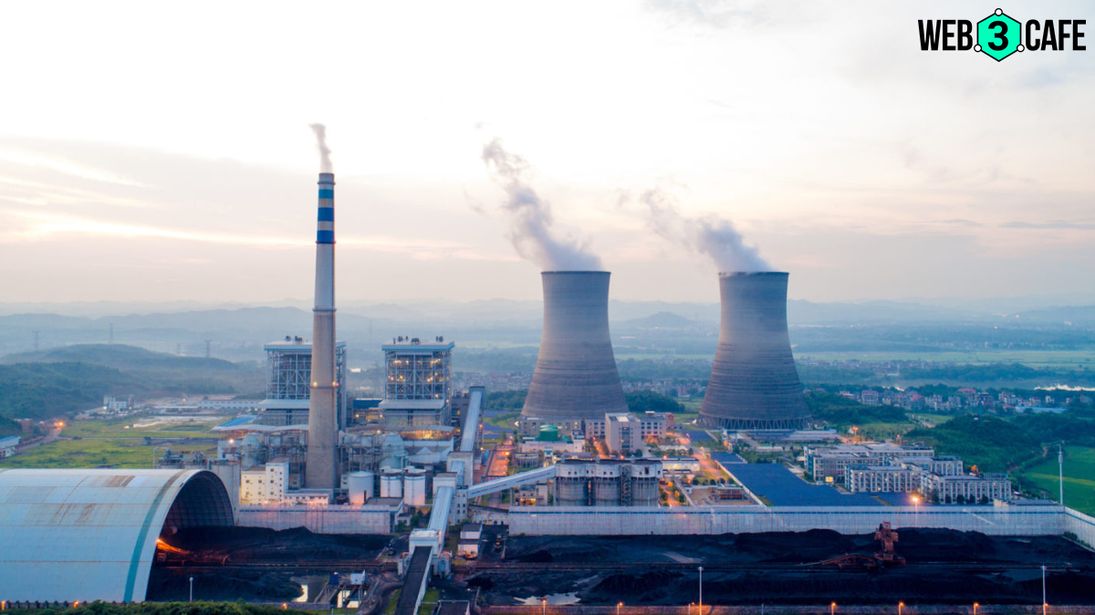
Microsoft to explore nuclear energy to power its data centres and fuel its AI goals
Microsoft is exploring advanced nuclear power, such as small modular reactors (SMRs), for its data centres and AI initiatives, demonstrating a commitment to clean energy solutions.
 emerging tech
emerging tech
Highlights
- Microsoft is looking into small modular reactors (SMRs) as a potential clean energy source for its data centres and AI ventures
- SMRs are cost-effective but face hurdles like Uranium supply and nuclear waste management
- Microsoft co-founder Bill Gates is involved in SMR development, and the company is also exploring fusion energy for a greener future
In a bid to revolutionise its approach to sustainable energy, Microsoft is setting its sights on advanced nuclear reactors, as the new job listing says ‘Program Manager For Nuclear Technology’. The company recognises that its data centres, crucial for its cloud services and AI ventures, consume massive amounts of electricity.
This poses a significant challenge to achieving Microsoft's climate goals. However, by harnessing nuclear energy, the tech giant aims to minimise its carbon footprint.
One of the world's biggest Tech Companies @Microsoft just jumped into our industry. Our 'ZEUS' & 'ODIN' Advanced Portable Microreactors are exactly what $MSFT senior job hire is suppose to assess "...tasked w/ leading the technical assessment for the integration of SMR &… pic.twitter.com/ltl5hHE87G
— Nano Nuclear Energy (@nano_nuclear) September 24, 2023
The nuclear energy solution
Unlike conventional nuclear reactors, Microsoft is focusing on small modular reactors (SMRs), which are garnering considerable attention in the nuclear energy sector. These next-gen reactors offer the promise of being more cost-effective and easier to construct.
This shift comes after significant delays and budget overruns in the construction of large-scale nuclear reactors in the United States.

In a pivotal development, the US Nuclear Regulatory Commission recently certified an SMR design for the first time, potentially opening a new era in nuclear energy.
However, the transition to SMRs is not without its challenges. These reactors require more highly enriched Uranium fuel (known as HALEU) compared to traditional reactors, with Russia currently being the major supplier.
Efforts are underway in the US to establish a domestic Uranium supply chain, a move met with resistance from local communities near Uranium facilities. Additionally, the issue of nuclear waste disposal remains unresolved, even with SMRs.
Microsoft's silent strategy
While Microsoft remains tight-lipped about its specific plans for next-gen nuclear reactors, it's worth noting that Bill Gates, the company's co-founder, has long been an advocate of nuclear technology. Gates also chairs TerraPower, a company developing SMR designs.
TerraPower clarified that it currently has no agreements to sell reactors to Microsoft. Nonetheless, Microsoft has already secured clean energy credits from Ontario Power Generation, a Canadian utility planning to deploy an SMR in North America.
Furthermore, Microsoft has ventured into even more futuristic energy solutions, such as fusion power. The company has entered into a groundbreaking deal with Helion, a fusion power plant developer.
Fusion reactors, unlike fission reactors, create clean energy without generating the same level of radioactive waste. However, the practical application of fusion technology is still several decades away.
In Short, Microsoft's pursuit of advanced nuclear reactors, particularly SMRs, demonstrates its commitment to sustainable energy sources for its data centres and AI initiatives. While challenges persist, the tech giant's determination to reduce its carbon footprint is a significant step toward a greener future.


COMMENTS 0